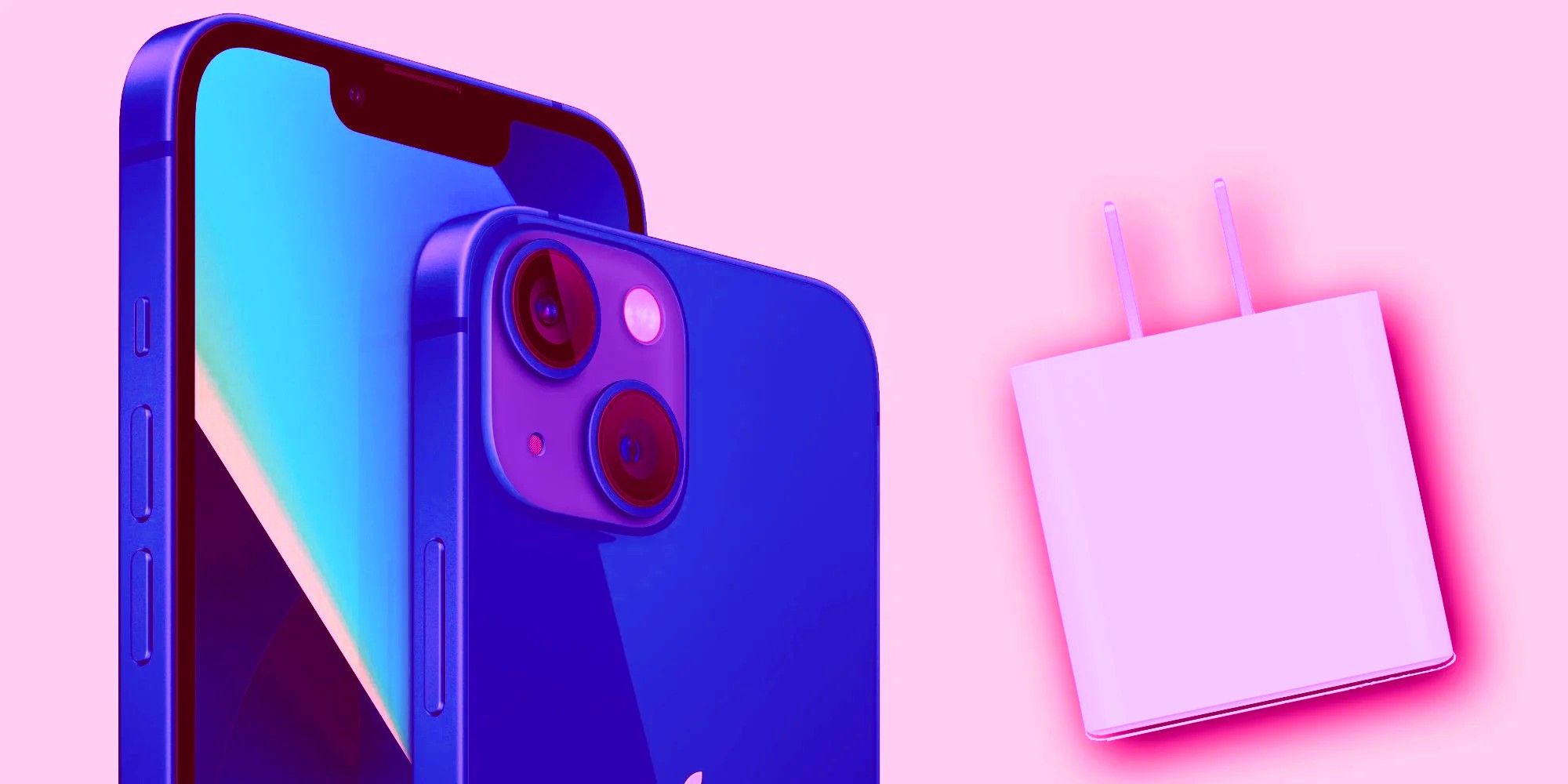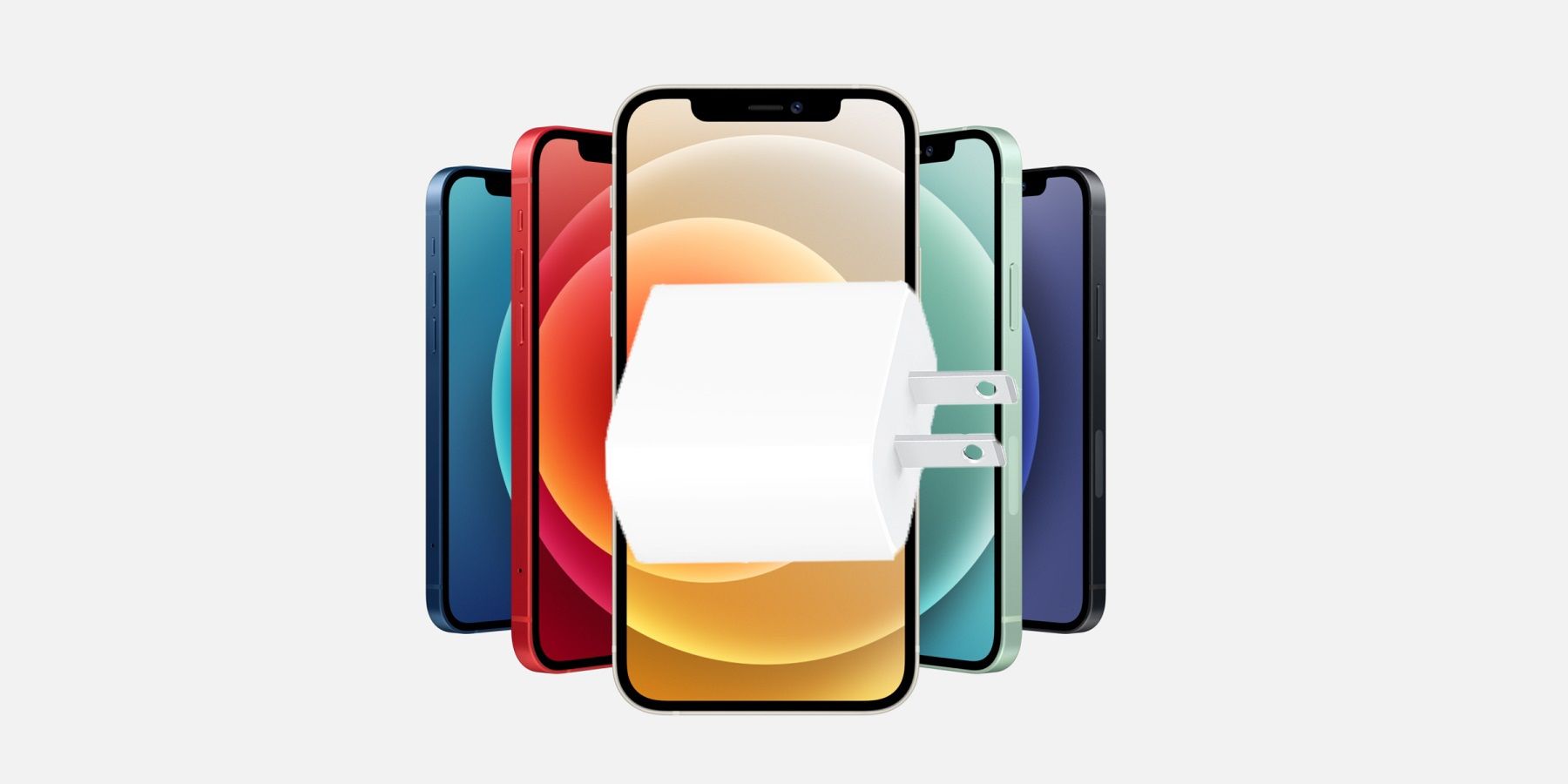A group of students in China have filed a lawsuit against Apple for not supplying iPhones with a charging adapter and using its environmental safety reasoning as an excuse to sell more units of its MagSafe wireless chargers. With the launch of the iPhone 12 series just over a year ago, Apple stopped bundling a charging adapter in the retail package of its phones, with only a USB-C to lightning cable included with the purchase.
Apple says it made the decision to ditch in-box chargers for environmental reasons, stating it reduces carbon emissions by not producing or shipping new chargers with each new iPhone. With Apple setting a precedent, some Android smartphone makers, including Samsung, followed suit and stopped shipping their smartphones with a charger in the retail package. However, Apple’s move didn’t go unchallenged, with many customers calling out the company with accusations of being greedy.
According to the Shanghai Law Journal, a group of five students from the Beijing University of Chemical Technology and Donghua University filed a lawsuit against Apple before the Dongcheng District People's Court in the capital city of Beijing. Following the first round of back-and-forth between the students and a company representative, the students are demanding that Apple provide a charger to one member of the group who purchased an iPhone 12 Pro Max. In addition, the students have demanded that Apple pay a fine of CNY 100 (roughly $16) over breach of contract and also cover the legal fees for the case.
The Students Make Some Compelling Points
The case has been filed with public interest status in mind, which means it could be elevated and might reach a status similar to a class-action lawsuit if the court rules in favor of the students. A few weeks back, Apple agreed to pay a sum of $95 million in a class-action lawsuit where plaintiffs claimed that the company broke its Apple Care promise and supplied ‘inferior’ refurbished devices. The student group in China actually made a few compelling points in their case against Apple. For example, the plaintiffs argued that Apple is not shipping chargers with the new iPhones, but it is making new MagSafe wireless chargers that are sold separately and also happen to be much slower than typical wall chargers.
The students also mentioned that Apple’s in-box USB-C to lightning cable is not compatible with a large number of chargers that use the USB-A standard for connecting a cable. When Apple’s defendant in court argued that many other smartphone makers follow the same policy, the students provided counter-examples of brands like Xiaomi. Prior to the launch of the Mi 11 series flagships in China last year, Xiaomi announced that it will offer the phone in two retail bundles — one without a charger and one with a 55W adapter. Whether Apple opts to offer a similar choice when purchasing an iPhone, or reverses its charger policy entirely, remains to be seen.
Source: Shanghai Law Journal, Xiaomi


